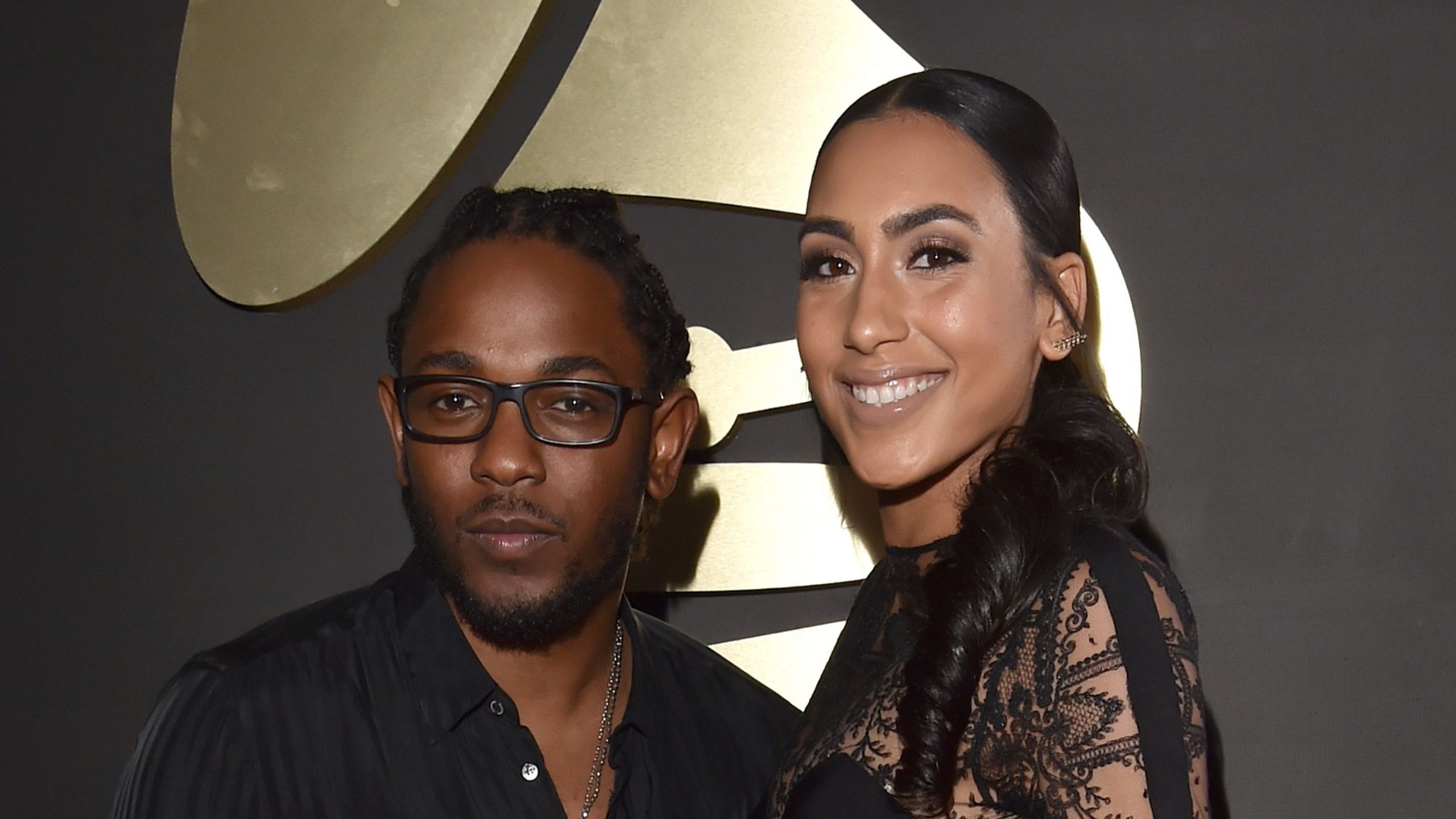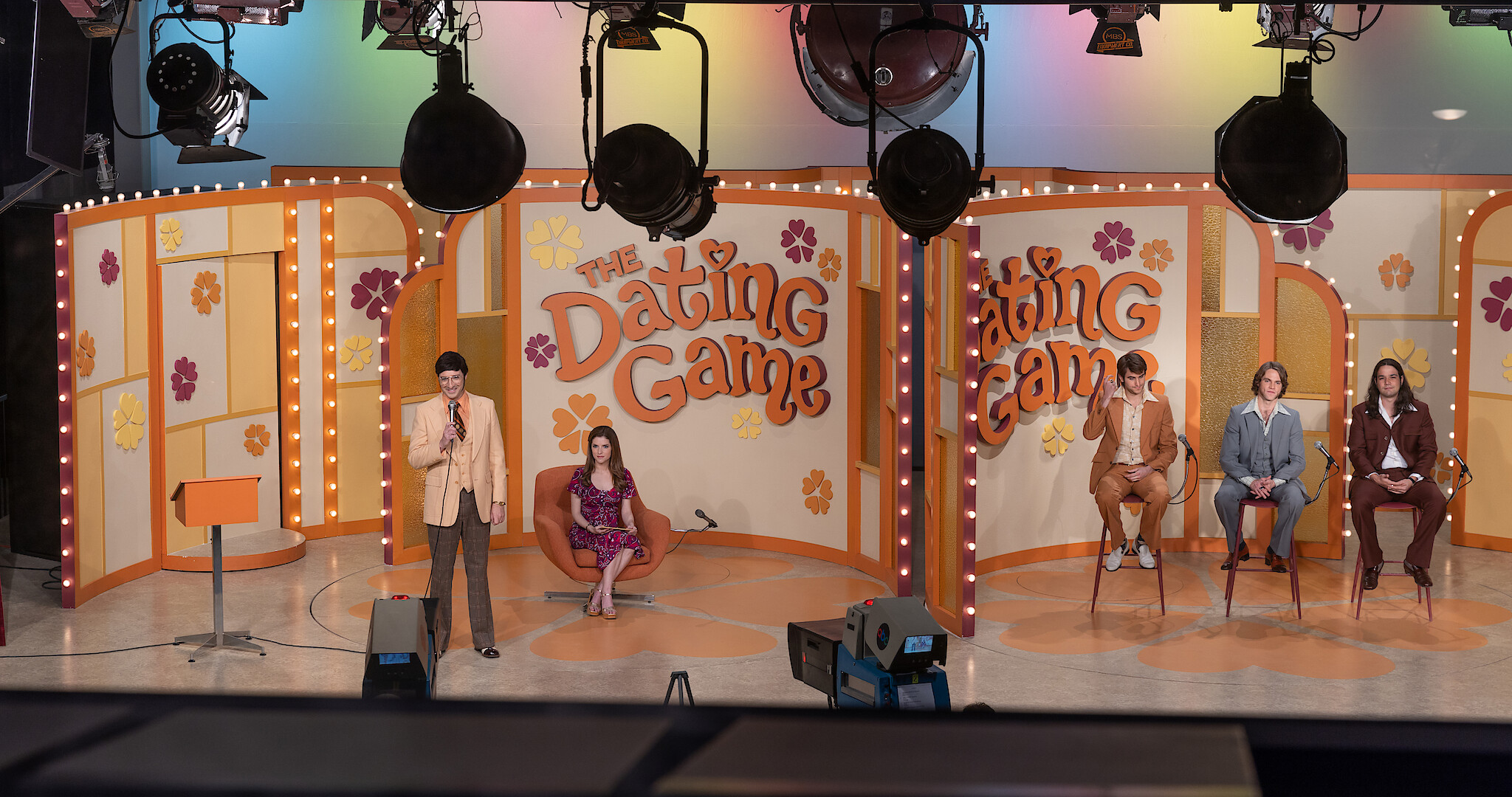Kendrick Lamar, one of the most influential figures in modern hip-hop, has always been a polarizing artist. Known for his thought-provoking lyrics and deep storytelling, Lamar often sparks debates with his music. However, one of the most controversial moments in his career came with accusations of misogyny tied to his song "The Heart Part 4" and other tracks. The phrase "Kendrick woman beater" has surfaced in online discussions, pointing to perceived themes of violence against women in his lyrics. While this is a sensitive and important topic, it is essential to explore the context, analyze the claims, and understand the broader narrative behind his art.
Kendrick Lamar’s music often reflects the realities of life in Compton, California, where he grew up. His lyrics delve into themes of systemic oppression, personal struggles, and societal issues, including gender dynamics. Critics argue that some of his lines perpetuate harmful stereotypes, while supporters claim that his work is a reflection of real-world challenges rather than an endorsement of violence. This article will dissect the controversy, provide context to the accusations, and examine how Lamar’s art fits into the larger conversation about gender, music, and accountability.
As we navigate this sensitive topic, it is crucial to approach it with care and respect for the individuals involved. This article aims to provide a balanced perspective, supported by credible sources and expert opinions. By the end of this piece, readers will have a clearer understanding of the controversy surrounding Kendrick Lamar and the phrase "Kendrick woman beater," as well as insights into how art and social issues intersect in the world of hip-hop.
Read also:Iot Device Ssh Download Aws A Comprehensive Guide For Secure And Efficient Deployment
Table of Contents
- Biography of Kendrick Lamar
- The Controversy Explained
- Analysis of the Lyrics
- Public Reaction and Criticism
- Kendrick's Response
- Gender Dynamics in Hip-Hop
- The Misogyny Debate
- Broader Context of Violence in Music
- Kendrick’s Positive Contributions
- Conclusion and Call to Action
Biography of Kendrick Lamar
Kendrick Lamar Duckworth was born on June 17, 1987, in Compton, California. Growing up in a neighborhood plagued by gang violence and poverty, Lamar found solace in music from a young age. He began writing poetry and rapping as a teenager, using his art as a way to process the harsh realities of his environment. His debut mixtape, "Youngest Head Nigga in Charge (Hub City Threat: Minor of the Year)," released in 2003, marked the beginning of his journey in the music industry.
Here is a quick overview of Kendrick Lamar’s personal data and career highlights:
| Full Name | Kendrick Lamar Duckworth |
|---|---|
| Date of Birth | June 17, 1987 |
| Place of Birth | Compton, California, USA |
| Occupation | Rapper, Songwriter, Producer |
| Notable Albums | Good Kid, M.A.A.D City; To Pimp a Butterfly; DAMN. |
| Awards | 17 Grammy Awards, 1 Pulitzer Prize for Music |
Kendrick Lamar’s rise to fame was marked by his ability to blend personal storytelling with social commentary. Albums like "Good Kid, M.A.A.D City" and "To Pimp a Butterfly" earned him critical acclaim and cemented his status as one of the most important voices in contemporary music. Despite his success, Lamar has not shied away from addressing controversial topics, including those that have sparked accusations of misogyny.
The Controversy Explained
The phrase "Kendrick woman beater" gained traction online after certain lines in Kendrick Lamar’s music were interpreted as promoting violence against women. One of the most cited examples comes from his track "The Heart Part 4," where he raps, "I'm the closest thing to a preacher, still punch a bitch if she out of line." This line, among others, has been scrutinized for its implications and perceived endorsement of physical violence against women.
It is important to note that the controversy is not limited to a single song. Fans and critics alike have pointed to other tracks in Lamar’s discography that contain lyrics some consider problematic. For instance, in "m.A.A.d city," he narrates a fictionalized account of gang violence, which includes interactions with women that some interpret as dismissive or harmful. The cumulative effect of these lyrics has fueled discussions about Lamar’s stance on gender and whether his work perpetuates misogyny.
Why This Controversy Matters
The accusations against Kendrick Lamar are significant because they touch on broader issues of gender representation in music and the potential impact of lyrics on societal attitudes. As a highly influential artist, Lamar’s words carry weight, especially among younger audiences. This raises questions about the responsibility of artists to consider the messages they convey and the potential consequences of those messages.
Read also:Control Raspberry Pi Behind Router Iot Free Android A Comprehensive Guide
Analysis of the Lyrics
To fully understand the controversy, it is necessary to analyze the lyrics in question. Let’s break down some of the most debated lines and explore their context and meaning:
- "I'm the closest thing to a preacher, still punch a bitch if she out of line" ("The Heart Part 4"): At face value, this line appears to condone physical violence against women. However, some argue that it reflects the harsh realities of street culture, where violence is often normalized. Others see it as a contradiction to Lamar’s otherwise progressive messages.
- References to women in "m.A.A.d city": The song paints a vivid picture of life in Compton, including interactions with women who are portrayed as either victims or enablers of the cycle of violence. Critics argue that these portrayals reinforce negative stereotypes, while supporters claim they are meant to reflect societal truths.
- Metaphorical language in "HUMBLE.": While not directly related to violence, the song’s aggressive tone and references to women have been interpreted by some as objectifying. However, others view it as a critique of superficiality and materialism.
Contextualizing the Lyrics
One of the challenges in analyzing Kendrick Lamar’s lyrics is understanding the context in which they were written. Lamar often uses storytelling to depict the realities of his upbringing, including the systemic issues that contribute to violence and inequality. His music is not always meant to be taken literally; instead, it serves as a mirror to society, reflecting both its beauty and its flaws.
Public Reaction and Criticism
The public reaction to the "Kendrick woman beater" controversy has been mixed. On one side, critics have accused Lamar of perpetuating harmful stereotypes and normalizing violence against women. Feminist groups and advocates for gender equality have called for greater accountability from artists who use misogynistic language in their work. On the other side, many fans defend Lamar, arguing that his lyrics are a product of his environment and should be viewed as artistic expression rather than a personal endorsement of violence.
Expert Opinions
Experts in music and gender studies have weighed in on the debate. Dr. Angela Davis, a prominent scholar and activist, has noted that hip-hop often reflects the struggles and contradictions of marginalized communities. She argues that while some lyrics may appear problematic, they can also serve as a platform for discussing deeper societal issues. Similarly, music critic Greg Tate has pointed out that Kendrick Lamar’s work is part of a long tradition of artists using their craft to provoke thought and spark dialogue.
Kendrick's Response
Kendrick Lamar has not directly addressed the "Kendrick woman beater" accusations in interviews or public statements. However, his music often speaks for itself. In tracks like "Alright" and "i," Lamar emphasizes themes of self-love, resilience, and empowerment, which some interpret as a counterbalance to the more controversial aspects of his work. Additionally, his collaborations with female artists, such as SZA and Rapsody, demonstrate a willingness to amplify women’s voices in the industry.
Gender Dynamics in Hip-Hop
The controversy surrounding Kendrick Lamar is not unique to him. Hip-hop as a genre has long grappled with issues of misogyny and gender inequality. From the early days of rap to the present, many artists have faced criticism for their portrayal of women. However, there has also been a growing movement within the genre to challenge these norms and promote gender equality.
Positive Examples in Hip-Hop
Artists like J. Cole, Noname, and Rapsody have used their platforms to address issues of gender and advocate for change. Their work serves as a reminder that hip-hop is a diverse and evolving art form capable of fostering positive social impact.
The Misogyny Debate
The debate over misogyny in music is complex and multifaceted. While some argue that artists like Kendrick Lamar have a responsibility to avoid harmful language, others believe that censorship stifles creativity and limits the ability of artists to tell their stories. This tension highlights the need for nuanced discussions about the role of art in shaping societal values.
Broader Context of Violence in Music
Violence in music is not a new phenomenon. From classical compositions to modern genres like rock and hip-hop, artists have long explored themes of conflict and aggression. The key difference lies in how these themes are presented and the impact they have on listeners. In Kendrick Lamar’s case, the controversy underscores the importance of considering both the artistic intent and the potential consequences of his work.
Kendrick’s Positive Contributions
Despite the controversy, Kendrick Lamar has made significant contributions to music and society. His advocacy for racial justice, mental health awareness, and community empowerment has earned him widespread respect. Albums like "To Pimp a Butterfly" and "DAMN." have been praised for their depth and innovation, solidifying his legacy as one of the greatest artists of his generation.
Conclusion and Call to Action
The controversy surrounding Kendrick Lamar and the phrase "Kendrick woman beater" highlights the complexities of art, gender, and societal responsibility. While his lyrics have sparked debates about misogyny, they also serve as a reflection of the realities he grew up with and the challenges faced by marginalized communities. It is essential to approach this topic with an open mind and a willingness to engage in meaningful dialogue.
We invite you to share your thoughts on this issue in the comments below. Do you believe Kendrick Lamar’s lyrics perpetuate harmful stereotypes, or do they provide valuable social commentary? Additionally, feel free to explore our other articles on music, culture, and social justice for more insights. Together, we can foster a deeper understanding of the intersection between art and society.

